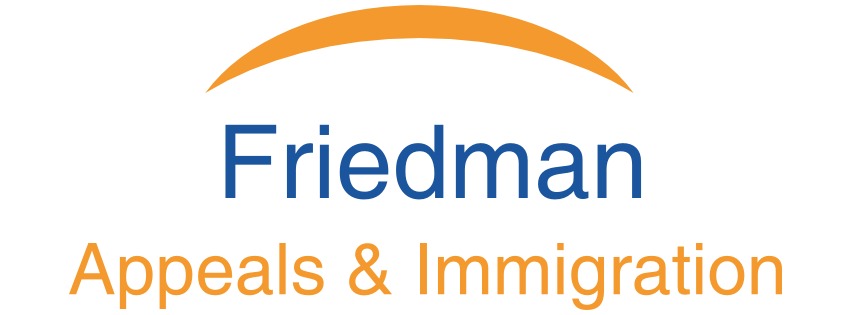
Many US citizens have been turned back for having a single drunk driving conviction. Under Canadian law, a drunk driving is consider an “hybrid offense” and can be prosecuted as a felony (“indictable”) offense. This has meant that an American with a comparable offense was deemed inadmissible under the the Canadian Immigrant and Refugee Protection Act. A waiver (“temporary residency permit”) was available at the border crossing (“port of entry”) for most individuals.
In April of 2012l, the Canadian Border Services Agency (“CBSA”) released its Operational Bulletin 389. This memo creates a streamlined (and free) waiver process individuals who have one criminal conviction (not a sex or child pornography offense) where no jail or prison was imposed. Theoretically, this policy is only a “fee waiver,” but the tone of the memo suggests that individuals with these convictions should be subject to a more streamlined interview.
Folks who have more than one prior conviction or who have a prior offense which would be considered “serious criminality” under Canadian law should consult with counsel. Here is a link to a nice summary of Canadian law on the subject. Here is a link to the Canadian Immigrant and Refugee’s Protection Act. Here is a link to their reference manual on the subject.
It is important to stress that these waivers are short term. Individuals seeking long term waivers are still advised to follow the traditional approach. E.g. this is a good solution for taking a family vacation to Toronto, this should not be used by a trucker who frequently picks up or drops off loads in Canada.
The recognition is some evidence that Canada has liberalized the underlying criteria for the issuance of Temporary Residency Permits to Americans with DWIs. The problem is that the former criteria required not only proof that the American would not be a danger to the Canadian public, but also a demonstrable value to the Canadian public in admitting the individual and/or a humanitarian purpose. This policy should be seen as a liberalization of that policy, but it is probable that different Ports of Entry will view this matter differently.
